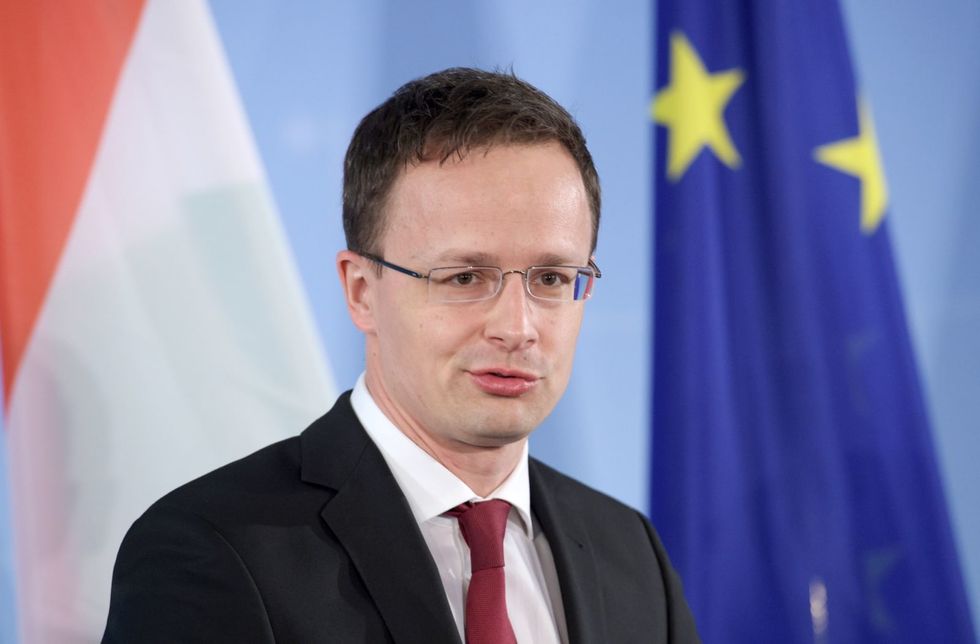Hungary and Rosatom agree on timetable for Paks nuclear power plant expansion
New units to be connected to the grid by early 2030s
Hungary and the Russian nuclear energy company Rosatom have agreed on a timetable for the long-planned expansion of the Paks nuclear power plant. “It can now be stated with certainty that the two new units will be connected to the grid at the beginning of the 2030s,” said Hungary’s Foreign Minister Péter Szijjártó on Tuesday. He had just signed the corresponding agreement with Rosatom chief Alexei Likhachev at the Paks site, 100 kilometers south of Budapest. The two new units are to replace two aging units at the plant, which currently provides about half of Hungary’s electricity.
The expansion of the Paks nuclear power plant has been a topic of debate in Hungary for many years. Proponents argue that it will help ensure a stable energy supply for the country, reduce reliance on imported energy, and lower carbon emissions. Critics, however, raise concerns about the safety and environmental impact of nuclear power, as well as the potential cost to taxpayers.
Impact on Hungary
The expansion of the Paks nuclear power plant is expected to have a significant impact on Hungary’s energy sector. By adding two new units to the plant, Hungary will be able to increase its domestic energy production and reduce its dependence on imported energy sources. This could help improve the country’s energy security and make its energy supply more stable and reliable. Additionally, the expansion of the Paks plant is expected to create jobs and stimulate economic growth in the region.
Impact on the World
The expansion of the Paks nuclear power plant could also have broader implications for the world. As countries around the globe work to transition to more sustainable and low-carbon energy sources, the use of nuclear power is becoming increasingly important. By expanding its nuclear capacity, Hungary is taking a step towards reducing its carbon emissions and meeting its climate goals. This could set an example for other countries to follow, encouraging them to invest in nuclear energy as a way to combat climate change.
Conclusion
The agreement between Hungary and Rosatom to expand the Paks nuclear power plant represents a significant milestone in the country’s energy future. By adding two new units to the plant, Hungary is taking a proactive step towards increasing its energy security, reducing reliance on imported energy, and lowering carbon emissions. While there are valid concerns about the safety and cost of nuclear power, the benefits of this expansion are clear. It will be interesting to see how this project progresses in the coming years and what impact it will have on Hungary and the world at large.





